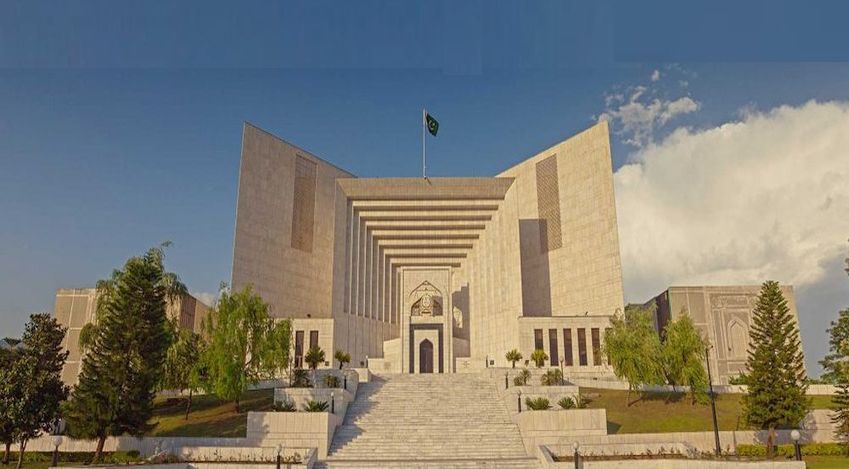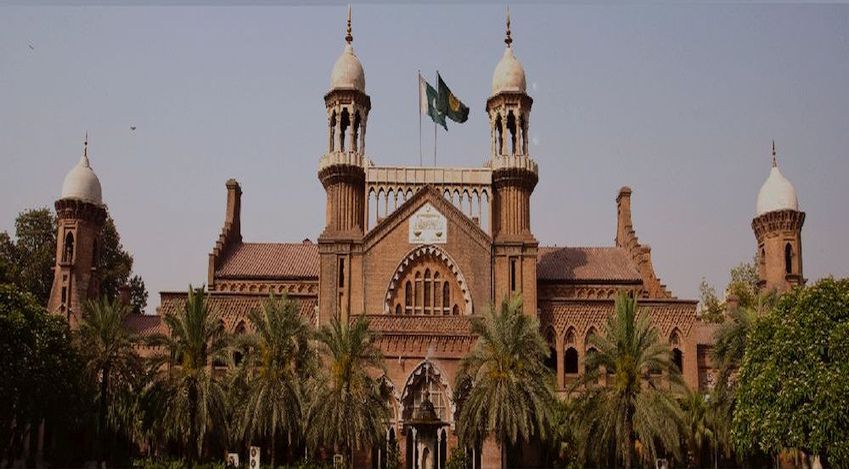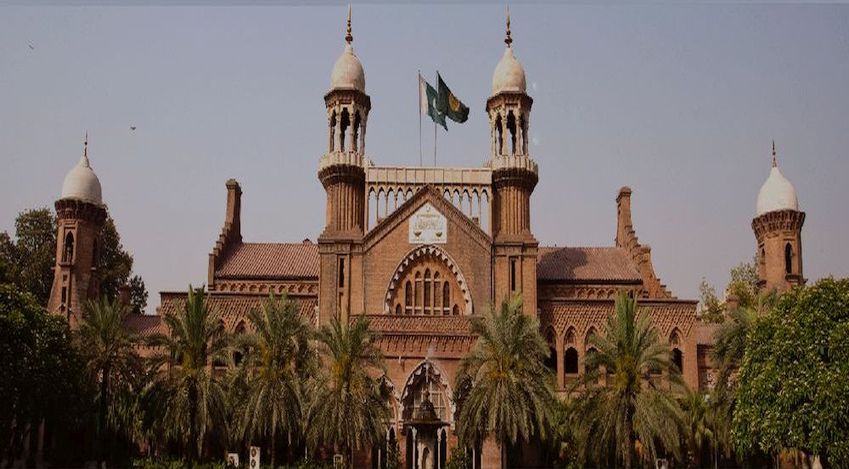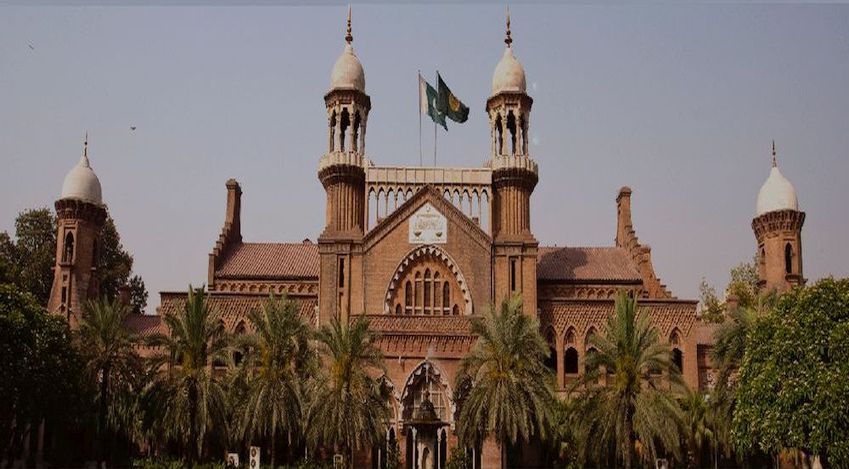Supreme Court of Pakistan Acquits Murder Convict due to Critical Gaps in Evidence Handling and Legal Interpretation
Islamabad 16-01-2025: In a significant ruling, the Supreme Court of Pakistan acquitted Ghous Baksh, convicted of double murder under Section 302(b) of the Pakistan Penal Code (PPC), citing insufficient evidence, mishandling of forensic materials, and failure to establish guilt beyond a reasonable doubt. The Court emphasized crucial legal principles regarding witness credibility, evidentiary chains, and the importance of ensuring procedural integrity in criminal investigations.
The case arose from the murders of Muhammad Sharif and Mst. Shehzadi on 15th August 2014, in Usta Muhammad, District Jaffarabad. An [FIR No. 153/2014] was lodged on 17th August 2014, implicating the appellant, Ghous Baksh. The Additional Sessions Judge convicted him of double murder and sentenced him to life imprisonment on each count, along with a fine of Rs. 200,000 for the heirs of each deceased. The conviction was later upheld by the Balochistan High Court.
The Court noted a two-day delay in lodging the FIR, which weakened the prosecution’s case due to the lack of an adequate explanation.
The Supreme Court of Pakistan distinguished between retraction and hostility of witnesses, emphasizing that retraction does not automatically render a witness hostile. This principle was applied to the testimony of Mst. Nazaan (PW-1), who retracted her earlier statement but whose application (Ex.P.1-A) remained unchallenged in Court.
The Court ruled that the circumstantial evidence presented by the prosecution failed to form a complete chain. It highlighted that without direct or corroborative evidence, the reliance on circumstantial evidence alone was insufficient to sustain a conviction.
Referring to Sarfraz and Another Vs. The State (2023 SCMR 670), the judgment criticized the delay and questionable handling of forensic evidence, including the retention of crime empties by the investigating officer until the recovery of the weapon.
The Appellant produced two defense witnesses and was examined under Section 342 of the Cr.P.C. The prosecution’s failure to discredit their testimony further introduced reasonable doubt.
Legal Principles Highlighted:
- The benefit of doubt must be extended to the accused in the presence of unresolved inconsistencies.
- Circumstantial evidence must form an unbroken chain that excludes all other hypotheses of innocence.
- Mishandling of evidence undermines its reliability and the fairness of the investigation process.
Allowing the appeal, the Supreme Court of Pakistan set aside the conviction and acquitted the Appellant, ordering his immediate release if not required in any other case. The Court reaffirmed the importance of procedural fairness and the principle that reasonable doubt is sufficient for acquittal in criminal cases.
Powered by Froala Editor








